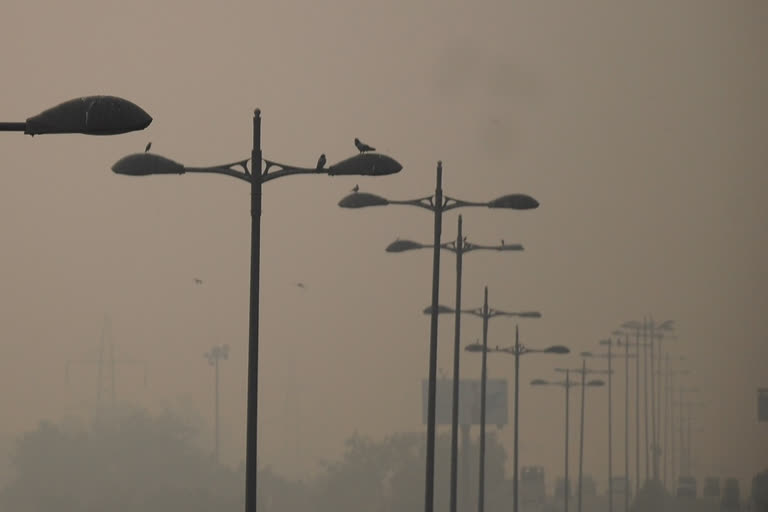New Delhi:The Lok Sabha members have raised at least 368 questions on air pollution in India from 2000 to 2019, with more than 200 of them raised in 2016 or later, with crop residue burning emerging as the most common source of interest, a new working paper has found.
Launched on Monday, the first day of the winter session of the Parliament, "Airing Differences? Reading the Political Narrative on Air Quality Management in India", the working paper by the Centre for Policy Research (CPR) cited the fact that more than 200 of the 368 questions were asked after 2016 and said, it reflected a sharp increase in political engagement in recent years in Parliament.
The working paper is a careful reading of nearly 11 hours of discussions on air pollution that took place in the upper and lower Houses of the Parliament in November 2019. As for the sources of pollution referred to in these questions, while industries, power plants and vehicles were the main sources targeted before 2016, crop residue burning has emerged as the most common source of interest in recent years, although vehicles and industries continue to receive some attention.
The most striking point however was that contrary to the long-held scepticism of the Ministry of Environment, Forest, and Climate Change regarding the findings of international health reports on air pollution in India, MPs across political parties extensively cited global evidence on the adverse health impacts of air pollution exposure, especially on children.
Read:Supreme Court slams non-compliance of states for alarming Delhi-NCR pollution
